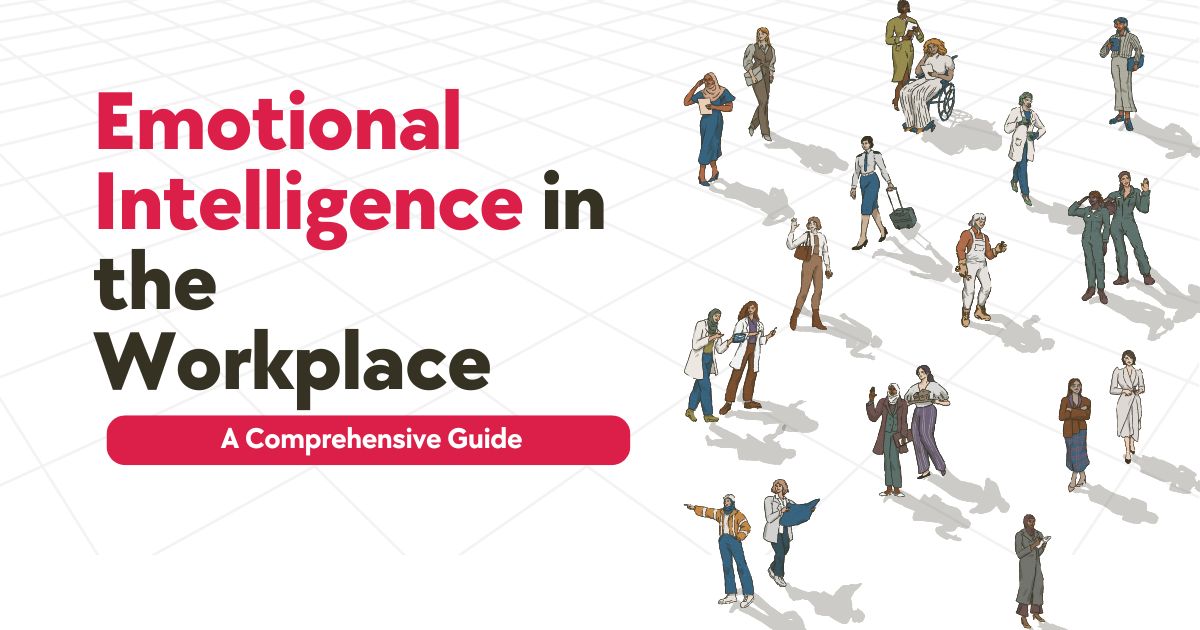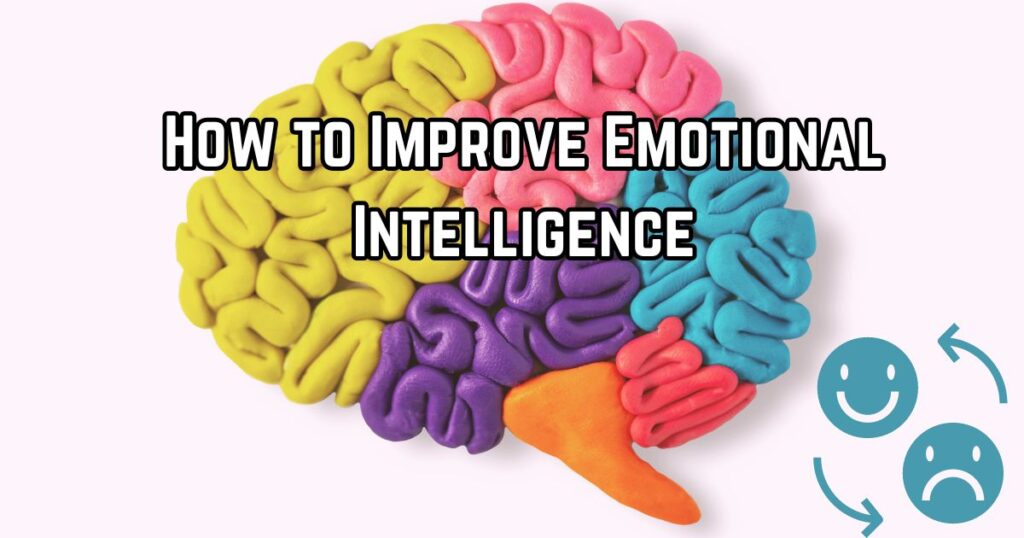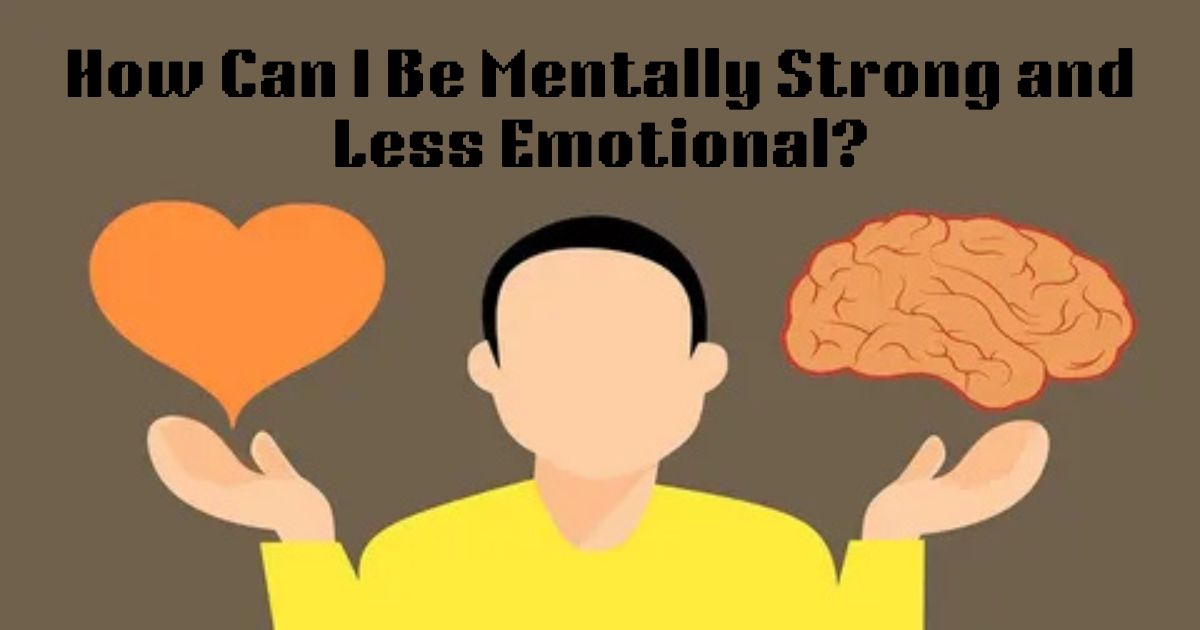Emotional Intelligence in the Workplace: A Comprehensive Guide

Introduction
Emotional Intelligence in the Workplace
In today’s fast-paced and ever-changing work environment, emotional intelligence (EI) has become a pivotal factor for success. Emotional intelligence, often referred to as EQ (Emotional Quotient), includes the capacity to recognize, understand, and oversee our emotions and those of others. This skill set is imperative for viable workplace communication, leadership, and collaboration.
This article delves into the importance of emotional intelligence in the workplace, its benefits, how to improve it, and practical applications. By understanding and creating EI, people, and organizations can foster a more productive and harmonious work environment.
Definition and Importance of Emotional Intelligence
Emotional intelligence in the workplace is the capacity to be aware of, control, and express one’s emotions judiciously and empathetically. It involves five key components:
Self-awareness: Recognizing and understanding one’s own emotions.
Self-regulation: Managing and controlling one’s emotional responses.
Empathy: Understanding and sharing the feelings of others.
Social skills: Building and keeping up healthy relationships.
Motivation: Being driven to accomplish for the sake of accomplishment.
These components are basic for making a positive work environment where employees feel understood, valued, and motivated. High emotional intelligence leads to better decision-making, improved communication, and improved leadership abilities.
Benefits of Emotional Intelligence in the Workplace
Emotional intelligence offers various benefits to both employees and organizations:
Table:
| Benefit |
Description |
| Improved Communication |
Enhances the ability to convey and interpret messages effectively, leading to better teamwork and understanding. |
| Enhanced Leadership |
Leaders with high EI can inspire and motivate their teams, handle stress, and make informed decisions. |
| Increased Employee Satisfaction |
Employees feel understood and valued, leading to higher job satisfaction and productivity. |
| Better Decision-Making |
EI helps in making balanced decisions by considering emotional aspects of situations. |
| Reduced Stress |
Managing emotions effectively reduces stress and improves overall well-being. |
Improved Communication and Collaboration:
Employees with high EI can communicate more effectively, leading to better cooperation and collaboration. They are more likely to listen actively, understand others’ viewpoints, and resolve conflicts amicably.
Enhanced Leadership and Administration Effectiveness:
Leaders with high EI can oversee their groups more effectively. They can rouse and spur workers, handle stress better, and make more educated decisions.
Increased Employee Satisfaction and Efficiency:
Workers who feel understood and valued are more likely to be fulfilled with their jobs. This satisfaction translates to higher efficiency and better performance.
Better Decision-Making:
High EI helps people make superior choices by considering the enthusiastic angles of a circumstance. This leads to more astute and adjusted outcomes.
Reduced Push and Progressed Well-Being:
Overseeing feelings successfully reduces stress levels and moves forward generally well-being, driving to a more beneficial and more beneficial workforce.
How to Improve Emotional Intelligence

How to Improve Emotional Intelligence
Improving emotional intelligence involves developing the five key components through different strategies and practices.
1. Develop Self-Awareness
Self-awareness is the foundation of emotional intelligence. To develop self-awareness:
Reflect on Your Emotions:
Take time to reflect on your feelings and how they influence your thoughts and actions. Keeping a diary can help you track your emotional responses and identify patterns.
Seek Feedback:
Inquire for criticism from colleagues and supervisors to pick up insights into how others see your emotional responses.
Practice Mindfulness:
Mindfulness exercises, such as meditation and deep breathing, can help you become more mindful of your emotions at the moment.
2. Practice Self-Regulation
Self-regulation involves managing your emotions successfully. To improve self-regulation:
Pause Before Reacting:
When faced with an emotional situation, take a minute to pause and consider your response. This helps prevent impulsive reactions.
Develop Coping Strategies:
Discover healthy ways to cope with push, such as exercise, hobbies, or talking to a friend.
Stay Positive:
Center on positive aspects of situations and practice gratitude to maintain a positive outlook.
3. Upgrade Empathy
Empathy is the ability to get it and share the feelings of others. To enhance empathy:
Active Listening:
Pay close attention to what others are saying without interrupting. Appear that you are listening by nodding, keeping up eye contact, and providing feedback.
Consider Different Perspectives:
Attempt to see situations from others’ points of the sea. Ask yourself how they might be feeling and why.
Show Compassion: Express understanding and support for others’ emotions and experiences.
4. Progress Social Skills
Strong social abilities are fundamental for building and keeping up solid connections. To progress social skills:
Communicate Clearly:
Practice clear and brief communication. Use “I” statements to express your thoughts and sentiments without blaming others.
Build Rapport:
Take time to get to know your colleagues. Show interest in their lives and build belief through positive interactions.
Resolve Conflicts:
The approach conflicts with a problem-solving attitude. Focus on finding mutually beneficial solutions, or maybe then assigning blame.
5. Foster Motivation
Motivation includes being driven to achieve achievement. To foster motivation:
Set Goals:
Set clear, achievable goals for yourself and your group. Celebrate advance and accomplishments along the way.
Find Purpose:
Connect your work to a larger reason. Understanding how your work contributes to the organization’s goals can increase your motivation.
Stay Optimistic:
Maintain a positive attitude, indeed in the face of challenges. Focus on openings for development and improvement.
Practical Applications of Emotional Intelligence
Emotional intelligence can be connected in various workplace scenarios to progress outcomes and make a more positive environment.
Leadership and Management
Leaders with high emotional intelligence can:
Inspire and Motivate Employees: By understanding and tending to employees’ emotional needs, leaders can create a motivating and rousing work environment.
Handle Stress Effectively: Leaders who oversee their feelings well can remain calm under pressure and make better decisions.
Provide Constructive Feedback: Sincerely brilliantly pioneers can convey criticism in a way that is strong and empowers growth.
Conflict Resolution
Emotional intelligence is vital for resolving conflicts in the workplace. By understanding and overseeing feelings, individuals can:
Identify the Root Cause of Conflicts: Recognize underlying emotional issues that may be contributing to conflicts.
Communicate Successfully: Utilize dynamic tuning in and compassion to understand diverse perspectives and find common ground.
Negotiate Solutions: The approach clashes with a collaborative mindset to discover solutions that satisfy all parties involved.
Teamwork and Collaboration
High emotional intelligence enhances teamwork and collaboration by:
Fostering Believe: Sincerely shrewdly, people construct belief through open communication and positive interactions.
Improving Communication: Successful communication aptitudes offer assistance to group individuals get each other superior and work together more efficiently.
Encouraging Inclusivity: By understanding and esteeming different perspectives, sincerely intelligent teams create an inclusive and supportive environment.
FAQs About Emotional Intelligence in the Workplace
Q: What is emotional intelligence?
A: Emotional intelligence is the potential to apprehend, get, and oversee one’s declared feelings and the feelings of others. It consists of self-recognition, self-regulation, compassion, social talents, and motivation.
Q: Why is emotional intelligence important in the workplace?
A: Emotional intelligence is crucial because it moves forward communication, improves administration capacities, increments consultant fulfillment and performance, and diminishes stretch. It makes a distinction to make high-quality and collaborative work surroundings.
Q: Can emotional intelligence be developed?
A: Yes, Emotional intelligence may be created via self-reflection, mindfulness, dynamic tuning in, and other hones that improve self-cognizance, self-law, sympathy, social abilities, and motivation.
Q: How does emotional intelligence benefit leaders?
A: Pioneers with tall enthusiastic insights can rouse and propel their corporations, handle stretch viably, deliver treasured grievances, and solve clashes. This ends in manner higher management and administration outcomes.
Q: How does emotional intelligence help in conflict resolution?
A: Emotional intelligence makes a difference in battle determination by permitting human beings to get it and oversee their emotions, communicate correctly, and arrange arrangements that fulfill all events concerned.
Conclusion
Emotional intelligence is a key driving force of fulfillment and harmony inside the place of work. By developing self-cognizance, self-law, empathy, social talents, and motivation, individuals can beautify their communication, management, and collaboration skills. These enhancements cause greater advantageous, effective, and supportive work surroundings, reaping benefits to each personnel and organization.
Key Takeaways:
Emotional intelligence (EI) is vital for an effective place of job interactions.
EI includes self-consciousness, self-law, empathy, social capabilities, and motivation.
Benefits of EI: improved verbal exchange, better leadership, elevated process delight, and reduced stress.
Developing EI requires to be mirrored image, mindfulness, energetic listening, and nice communication.
High EI fosters a positive and effective paintings surroundings.





